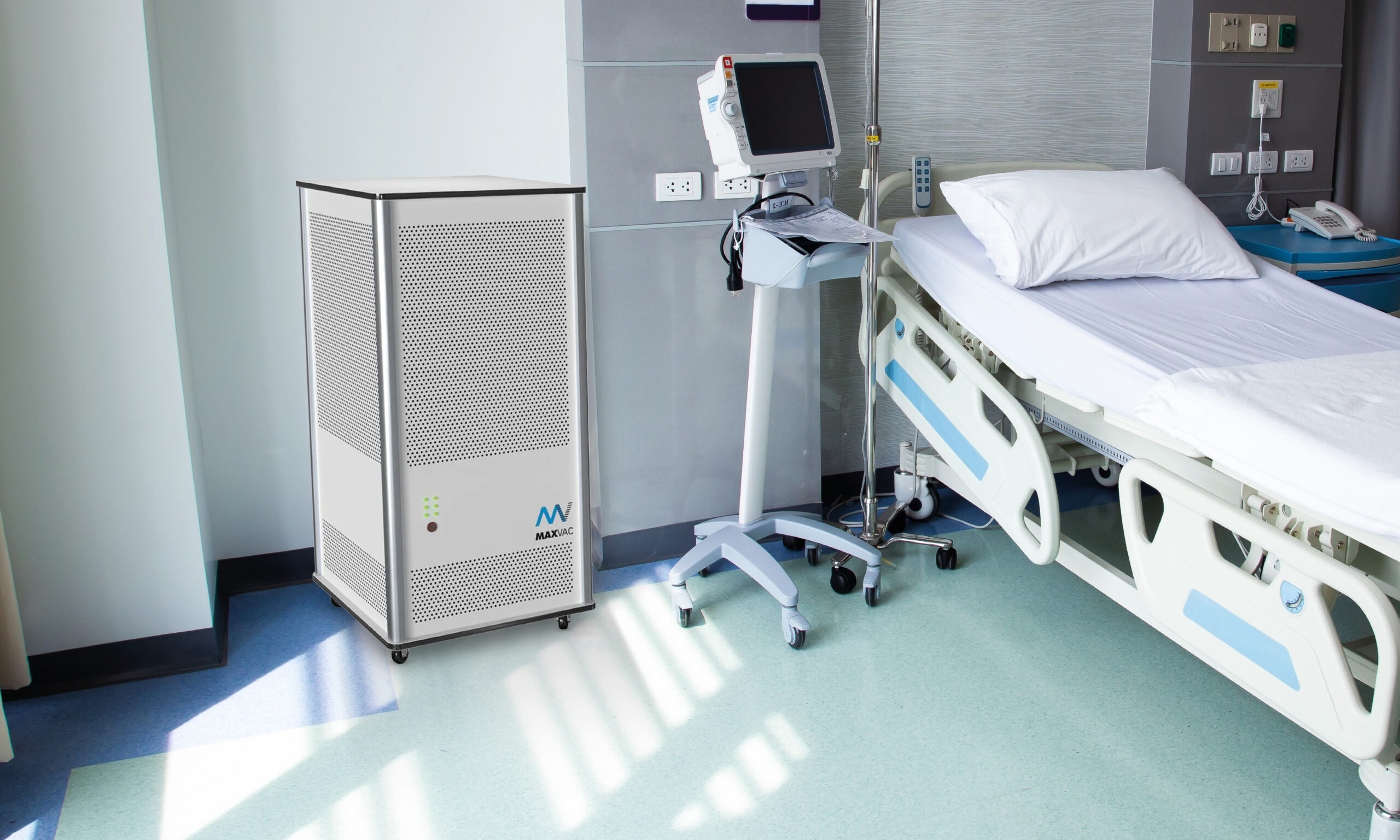5 Tips for Creating the Safest Healthcare Environment
According to the National Institute for Health and Care Excellence (NICE), 300,000 people are diagnosed with healthcare-associated infections (HAIs) in England every year, costing the NHS £1bn annually. What steps can you take to help lower infection rates in your healthcare facility? Keep reading to discover our 5 tips for creating the safest healthcare environment.
1. Establish a system for improved health & safety management
One of the biggest threats to safety in healthcare environments is a lack of standardisation. Clear guidelines help staff on all levels to understand their responsibilities and ensure a consistent level of care across the facility. Implement relevant and effective policies by asking managers and employees to contribute to decision-making processes and conduct regular performance reviews. Research shows that patients can also provide valuable insights about hospital safety that complement existing metrics. Leverage their unique perspective to create health and safety procedures that work for everyone.
2. Maintain a high level of cleanliness in patient rooms and common areas
HAIs spread quickly in unsanitary environments, so it’s essential that patient rooms and common areas are kept clean and free of clutter. Store or remove unnecessary items to ensure better access and more comprehensive cleaning. Cleaning staff should disinfect all surfaces thoroughly using a fresh cleaning cloth and an approved disinfectant solution.
Jaynelle Stichler, former Professor Emeritus at the San Diego University School of Nursing, said in a 2016 interview, “Patients perceive clutter as unclean. Unclean is perceived as unsafe.” And a 2014 study shows that hospitals that are perceived as unclean have a 10% higher infection rate than those with a good reputation.
It’s important to pay attention to the small details. Even if carpets and fixtures are worn with age rather than neglect, it doesn’t make a good impression. Clutter can heighten feelings of stress and anxiety, and slow clean-ups and housekeeping carts blocking the corridors pose a potential risk for injury.
To create a hospital environment where your patients feel safe, streamline your cleaning processes without compromising your hygiene standards with cleaning solutions from Parc Global.
Our versatile folding service cart is perfect for multiple applications, from transporting laundry to moving waste bags. A popular accessory at a number of hospitals in the Leeds area, the folding cart can easily be stowed away when not in use, and the translucent vinyl bag can be replaced in the event that it becomes damaged.

3. Follow NHS hand-washing guidelines
Hand hygiene is one of the most important elements of hospital safety. It helps prevent the spread of potentially deadly HAIs. 80% of HAIs are transmitted by hand, so thorough and regular hand washing is paramount to keeping patients safe. To reduce the risk of transmission, clinical and non-clinical staff should wash their hands with liquid soap and water/rub their hands with alcohol-based sanitisers for at least 15 seconds after entering and exiting patient rooms.
The NHS Trust in Yorkshire has been using the SC Johnson Deb range of hand wash and hand sanitiser products for many years. During the COVID-19 pandemic, due to issues with supply and distribution, they experienced a shortage which meant they risked running out of hand sanitisation products in their hospitals altogether.
Find out how Parc, in conjunction with SC Johnson, managed to provide a consistent supply of their preferred essential sanitation products to prevent service disruption and help keep the Trust operating safely throughout the pandemic. Read our case study here.
4. Ensure all staff have the proper protective equipment
Personal protective equipment (PPE) is essential in healthcare facilities to ensure the safety of both patients and staff. In an environment where contagion is rife, it minimises the risk of viral transmission and infection. But the healthcare market is heavily saturated with all kinds of PPE – masks, gloves, protective clothing, etc. – so how do you know what the best products are to order?
Work with a trusted supplier.
At Parc Global, we supply PPE that not only protects but actively fights back against bacteria and viruses. Ask us about our stock of COVID-eliminating and virucidal FFP2 Face Masks. The new ViraCoat Virucidal and Antimicrobial face mask range has been demonstrated to have profound antiviral properties against:
- SARS-CoV-2 (including new strains)
- Influenza (PR8)
- Bacteria such as E. coli
Incorporating ViraCoat’s cutting-edge Neutrapodal™ Technology, the virucidal coating on the masks eliminates 99.9% of germs within 5 minutes of contact. Two layers of melt-blown cloth act as a filter, with the high-touch areas (outer mask layer and ear loops) coated in a hydrophobic Neutrapodal™ formula to protect wearers and others from bacteria and prevent the spread of infection.
Keep your staff and patients safe from COVID-19 and other viruses with a regular, reliable supply of combative PPE from Parc Global.

5. Create a cleaner environment using UV-C technology
Ultraviolet C (UV-C) technology kills or inactivates bacteria by disrupting their DNA, helping to prevent the spread of infectious diseases and viruses like COVID-19. Parc’s MEDI range, which incorporates proven Patent Pending Steribreeze® Sterilisation Technology, is perfect for use in hospital bathrooms and other high-risk areas. All UV-C rays are completely concealed to create a safe and sanitary environment for patients, staff, and visitors.
About Parc Global
Based in Leeds, Parc Global is a key supplier of hygiene and infection prevention and control solutions across England, the UK and beyond. We have been a trusted supplier to the NHS for over 20 years. Our commitment to delivering reliable cleaning equipment and innovative hygiene solutions makes sure you’re prepared for anything. Need help? Get in touch on 0113 220 4080 or contact us via our website today.


